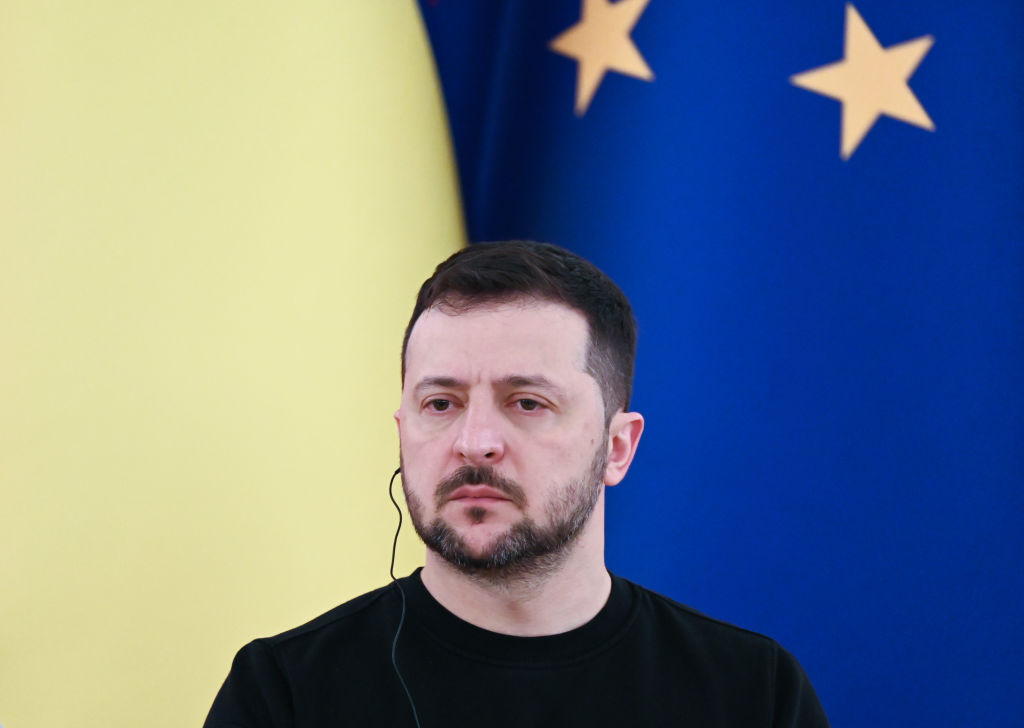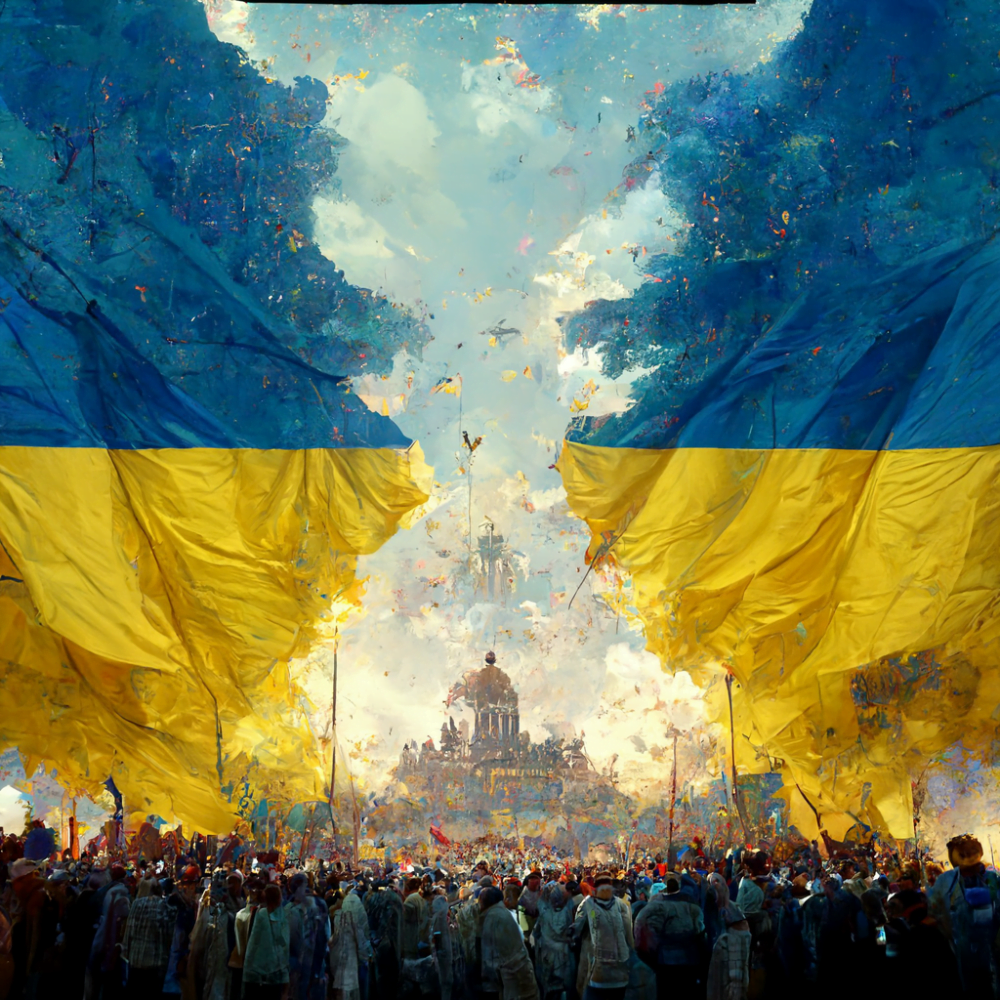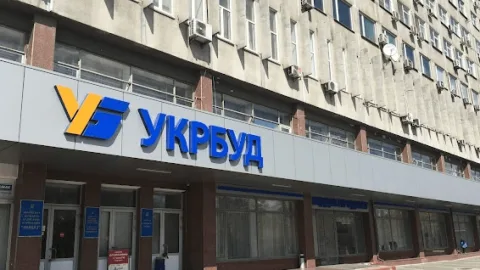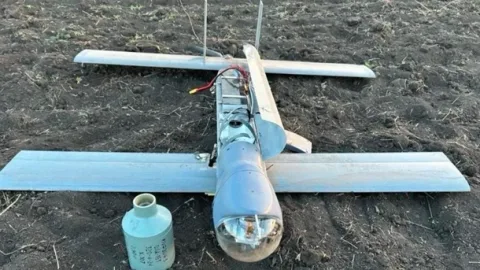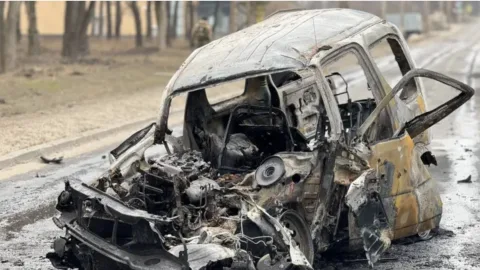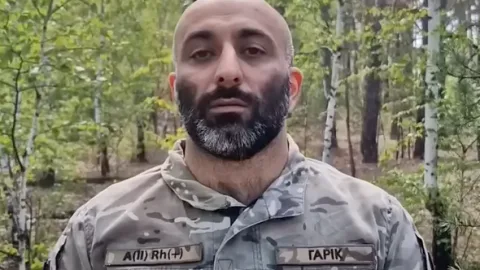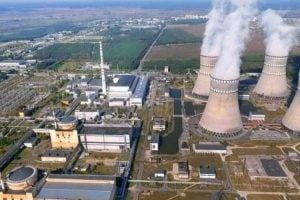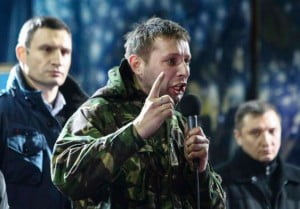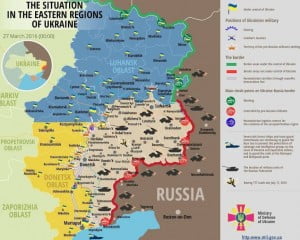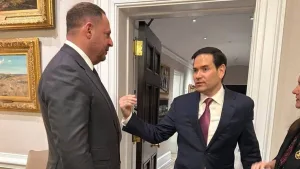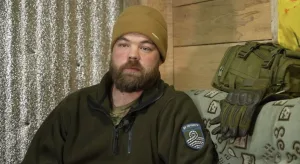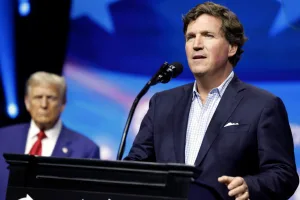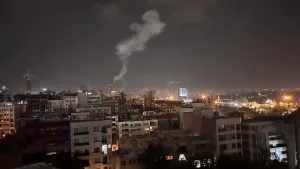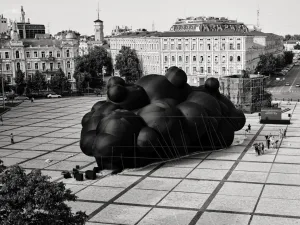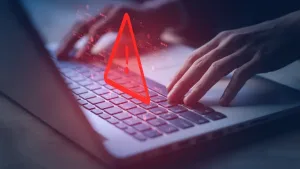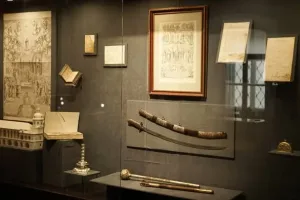In his six years of presidency, Zelensky has spoken across Europe wherever he could — but until yesterday, he had avoided the Parliamentary Assembly of the Council of Europe. I have a theory as to why: because it was during the June 2019 session that he significantly played into Russia’s hands.
At that time, the issue at stake was the unconditional return of the Russian delegation to PACE — meaning without fulfilling the Assembly’s previous resolutions. For Moscow, this was a highly important diplomatic battle, as it was meant to become the first precedent for lifting sanctions against Russia. The Ukrainian delegation, which I had led since 2015, was successfully disrupting Russia’s plans (something I paid for with my health), and the joint efforts of the MPs, the Foreign Ministry, and President Poroshenko were consistently effective, derailing Russian initiatives one after another.
After Zelensky’s inauguration, the Ukrainian delegation sent a letter to the new president requesting a meeting. It was important to explain to him why Russia must not be allowed back into PACE. Zelensky ignored the request. What’s more, during meetings with Macron and Merkel, he supported the idea of a “dialogue” with Russia — despite all our warnings that Moscow does not understand gestures of goodwill and sees compromise as weakness, which inevitably leads to disastrous consequences. And that is exactly what happened — but that’s another story.
In my view, a key role in persuading Zelensky to allow the Russians back into the parliamentary body of the Council of Europe was played by someone who appears in all of Zelensky’s asset declarations as the financial manager of the president’s family assets and funds — Svitlana Pishchanska. Her sister Olga heads the Accounting Chamber. I discovered that in March 2022, right after Russia’s invasion, Svitlana founded two companies in Strasbourg, where the Council of Europe is located. One is called SCI Durningen, the other SP Conseils.
The first company was registered at: 8 rue Livio, 67100 Strasbourg. This is also the location of the Russian Cultural Association of Strasbourg. Although the company changed its registration address after I published this information in October 2023 (link in comments), the old address remains in the company’s registration history. The president of the Russian Association is Eduard Koskin, the owner of the construction holding Bati Global. Koskin’s companies are the main sponsors of the Association’s activities.
The second French company linked to Pishchanska is registered at: 1 Rue de Rimbach, 67100 Strasbourg — the same address where Eduard Koskin’s sister, Iryna Kovalevska, resides. She is the vice president of the Russian Cultural Association of Strasbourg. And just to eliminate any doubt that this is all some wild coincidence, the director of SP CONSEILS is Tetiana Kovalevska — Eduard Koskin’s niece and Iryna Kovalevska’s daughter.
Svitlana Pishchanska and Iryna Kovalevska share long-standing ties — both are originally from Kryvyi Rih. At one point, they even had a joint business: LLC “PAGIN,” which operated from 2010 to 2017. By the time the company was closed, Iryna Kovalevska had already moved to France. However, she still holds Ukrainian citizenship, even though in her new home she was actively promoting Russian culture — and even received a certificate of appreciation from the Russian General Consulate in Strasbourg.
And here’s where it gets particularly interesting: the key coordinator of Russia’s return to PACE was none other than the Russian Consul General in Strasbourg, Valery Levitsky. He was expelled from France as a GRU agent — responsible for recruiting assets in the region and implicated in the “Novichok” poisoning of former Russian agent Sergei Skripal. He now works in the secretariat of the Russian Duma’s Committee on International Affairs — under the GRU quota.
And if I understand correctly, the chain of Levitsky–Kovalevska–Pishchanska–Zelensky may have functioned exactly six years ago to neutralize the new president’s resistance to Russia’s return to PACE. Considering Zelensky’s views at the time, that wouldn’t have been difficult. What’s more striking is that Pishchanska is still a trusted figure for the presidential couple (as evidenced in Zelensky’s annual asset declaration), which raises some thought-provoking questions. Draw your own conclusions.
Tags: hybrid war hybrid warfare russia ukraine investigation Olena zelenska PACE russian agents Volodymyr Zelenskyy zelensklyy
